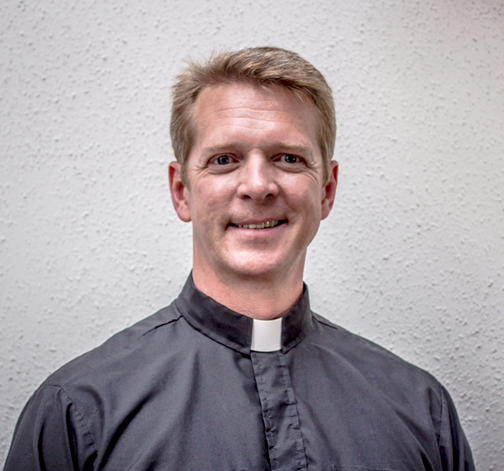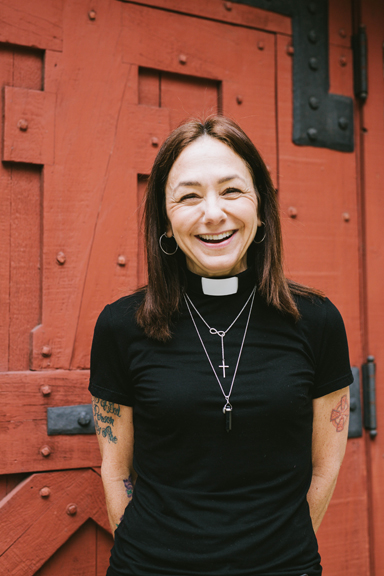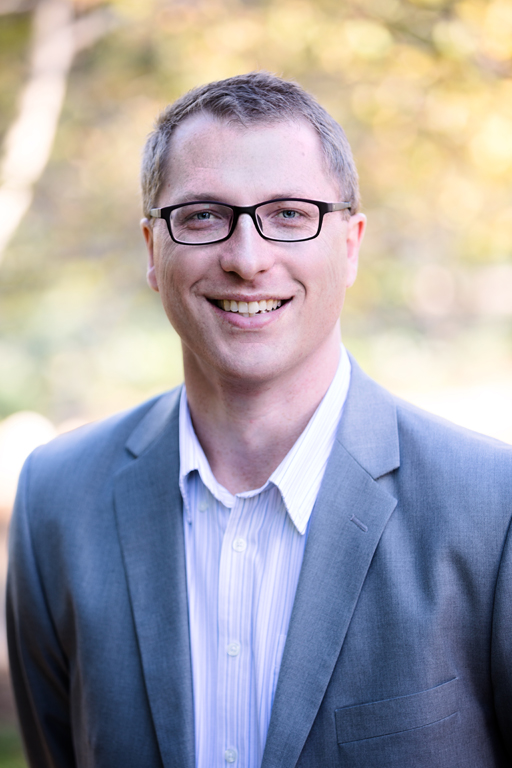QUESTION: I have a friend who has attempted suicide two times. We grew up together in the same neighborhood. He’s living a miserable life with constant pain from an injury when he served in Afghanistan. My brother and I have told him we’re available anytime of the night or day if he needs to talk or be with someone. He has talked to counselors on the suicide hotline, and we’ve accompanied him when he has doctors and psychologist appointments but nothing seems to help. He feels better for a time and then he’s back in the black hole. He’s on pain meds that he says do not help.
We really care about this guy and plan to help him however and whenever we can. In addition to prayer, what else could we be doing for him that might help him live a normal life?
~ My Brother’s Keeper
Dear My Brother’s Keeper,
The gift of true friendship is rare, but it seems that you are fulfilling that calling as you walk with and support your friend through this difficult time. It is also heartbreaking when it seems there is so little that can be done for someone we care about. But by your very presence and willingness to give of your very selves to reach out in love to your friend in need, you are being a true friend.
Jesus reminds us that there is “no greater love than to lay down one’s life for a friend” and you seem to be doing that as you have opened your availability to whenever it is needed and your question of what else may be offered.
Prayer is a wonderful and powerful act in itself, and I commend you to continuing. I would also invite you to let your friend know that you are praying for him. As a pastor, there is no greater gift than to have someone share that I am in their prayers regularly. It gives strength to know that another cares enough to raise us into God’s care through prayer.
Dealing with chronic pain is a long and difficult road to travel, and the struggle to not end the pain through suicide is sometimes even greater. You may be able to have a conversation with your friend about other avenues of pain alleviation. The exploration of holistic remedies, as well as continued pursuit of pharmaceutical remedies, may find something that works. And I would also invite you to expand the network of support that is available to your friend. A faith community may be able to increase both the direct support as well as including more voices of hope and prayer in the midst of pain.
But most of all, just your continued presence of care and concern are an important piece of what it means to be a friend. May you be strengthened by God’s spirit as you live this life of care and friendship.
Keep on keeping on,
Pastor Scott Peterson
pastor@lcifoothills.org
Dear My Brother’s Keeper,
My heart is filled with compassion for your friend and the trauma he’s endured. Post-Traumatic Stress Disorder (PTSD) is one of those insidious maladies that often evades relief with any permanency. As you noted, prayer is a primary strategy for combating suicidal ideation and trauma recovery. You can remind your friend of the promises in Jeremiah 29:11-12. Even when it doesn’t feel as though He cares, the Lord has plans for all of us. They’re good plans because He’s a good God and not capable of evil since it’s not in His character. He promises hope, especially when we’re feeling defeated and lost, and He promises us good future. There’s no mistake in His plans because none of us came into this world by accident; each of us has a purpose and a destiny to fulfill.
I believe another essential element is to keep the dialogue open and constant. Very few of us are comfortable with talking about suicide, but honest communication assists us in going beneath the tip of the iceberg and into the underlying thoughts and behaviors that contribute to feelings of loneliness and despair. Open discussion is a form of life-affirming care that you and your brother can provide by validating your friend’s feelings and helping him to access his purpose in life.
Understanding trauma and grief are not a customary part of our culture, so offering your friend the opportunity to speak freely about his experiences without judgment and without, necessarily, trying to problem-solve for him, will give him a platform to create a new normal. He probably has not looked at his life this way. We become captives of our past dreams and plans and find it impossible to see how moving forward can be attainable. Creating a new normal is a way of acknowledging our past experiences with respect and honor, then moving into a new, adjusted future with all the possibilities of the fullness of life. It might not look the way we had planned, but it sure can be encouraging and hopeful.
Your friend has a story to tell. It’s valuable and will be exactly what someone else needs to hear. Perhaps you can explore with him a creative way to tell his story, be it through writing, music, or art, as an expression of his inner-most narrative.
Another avenue might be grief counseling in a setting that acknowledges both the trauma and loss of military service. A third option might be engaging in freedom ministries such as SOZO, Cleansing Stream International or Emerge Global Alliance. These ministries are structured to gently deal with past hurts, through prayer and meditation, providing assistance in accessing freedom from the old baggage.
I wish you, your brother, and your friend peace in the process and the Father’s blessings of life-giving hope.
Blessings!

Lucinda Guarino
lguarino@ymcafoothills.org
QUESTION: We’re a normally happy, harmonious family but now a serious subject has us at odds with each other. My husband and I are both college graduates and our one and only child, a son, graduated last spring from high school. We scrimped and saved so we could give him a college education but he doesn’t want to go to college. Instead, he wants to go to art school even though he has been a good student in math and highly skilled in computers.
I’m inclined to let him do whatever he wants to do, but my husband argues and talks to him about going to college whenever he can. Both my son and my husband are “digging in their heels” and won’t budge.
My husband’s argument is about getting a degree in something that will support a comfortable lifestyle rather than being a struggling artist. Please give me some ideas about how we can end this standoff.
~ Frustrated Mom
Dear Frustrated Mom,
Boy, I get your frustration and I can understand your husband’s concern as well. We so want our children to take our advice because we know better. We’ve been on the planet longer. We understand the pain and disappointment that life can bring when things don’t turn out as we planned and we find ourselves not where we thought our dreams would take us.
I like to remind people that I answer letters for that this column is called, “Spiritually Speaking.” So, spiritually speaking, the journey is full of joy and the journey is full of disappointments. Spiritually speaking, life is seldom predictable. Spiritually speaking, our children’s lives are not our lives for co-opting. The lives of our children are theirs to do with as they wish. I would rather have a relationship with my child than jeopardize that relationship because I think I know what’s best for my young adult son. Which I don’t, by the way, and he’s found his way quite nicely, without my interference.
There is the possibility that your son may go to art school, get a great job doing something connected to his art, and not struggle. Or he might get out of art school, struggle, and that would be okay, too. Who knows? Unless your husband can step back and face his own fear, whatever that may be, the standoff may not end. Hopefully, your husband will come to realize that his son, who is of age, should be encouraged to make his own decisions about his life. There are no guarantees in life and there is joy in pursuing your heart’s desire, no matter what the outcome might be.
Holly Cardone
hollycardone1@gmail.com
Dear Frustrated Mom,
I think one of the most difficult aspects of parenting is the slow release of control that we as parents must make. The vulnerability of our children in the world makes us feel vulnerable. We want them to be safe.
But we also want them to experience life, which inevitably comes with risk. Each choice we make closes doors to other options – sometimes forever. Our response to this reality can cripple us if we are afraid that every choice brings life or death consequences. Or our response can set us free; sometimes the meandering route of life is more beautiful than the GPS directions.
I took my own scenic route in my vocation. My mother felt that I was far too smart to go into ministry (my twin brother is an accomplished actuary). Even though she was not in favor of my direction, she supported my calling. And she eventually came to appreciate the ways that my job made me happy and made the world better for others.
The world needs artists and makers of beauty. And children need the experience of determining their futures for themselves. We are responsible to them, but not – ultimately – responsible for them as they emerge into adulthood.
I would encourage having times when each of you can listen to one another’s hopes for your son (as opposed to “telling” as the primary mode of operation). Financial security, artistic expression, predictability and experimentation will likely be part of these conversations. These values do not have to stand in opposition. How can you, as parents, help your son anticipate what may be lacking in whatever path he chooses?
If he becomes an artist, does he have a plan for how to handle rejection and make ends meet? If he focuses on math and computer science, how can he explore his creative side? Are there emerging occupations that need both interests to thrive? I would imagine there are options that exist that may have not been considered. Openness on everyone’s part may help you discover a future that has yet to be imagined.
Pastor Kyle Sears
kylesears@lacanadachurch.org



